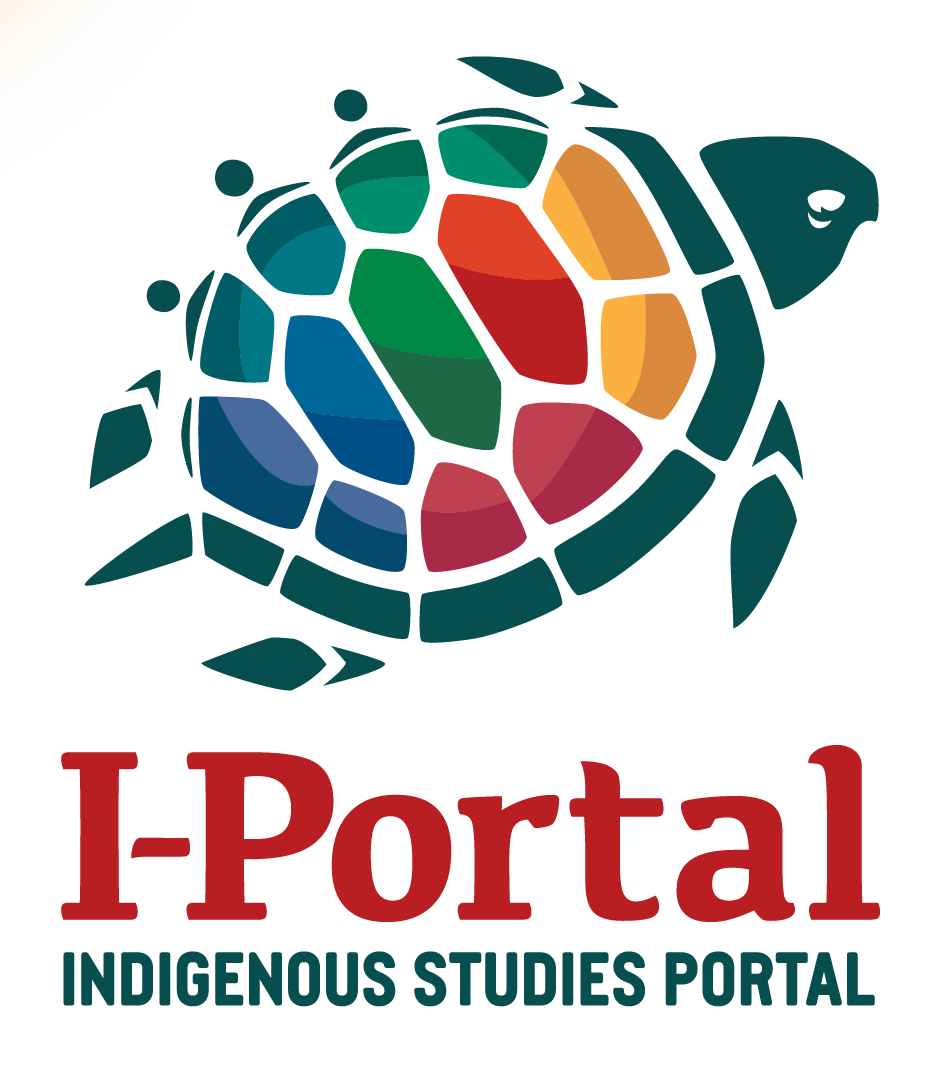Elders' Teachings About Resilience and Its Implications for Education in Dene and Cree Communities
Articles » Scholarly, peer reviewed
Author/Creator
John G. Hansen
Rose Antsanen
International Indigenous Policy Journal, vol. 7, no. 1, 2016, pp. 1-17
Description
Discusses, with Elders, what constitutes an appropriate educational experience for Indigenous students.
